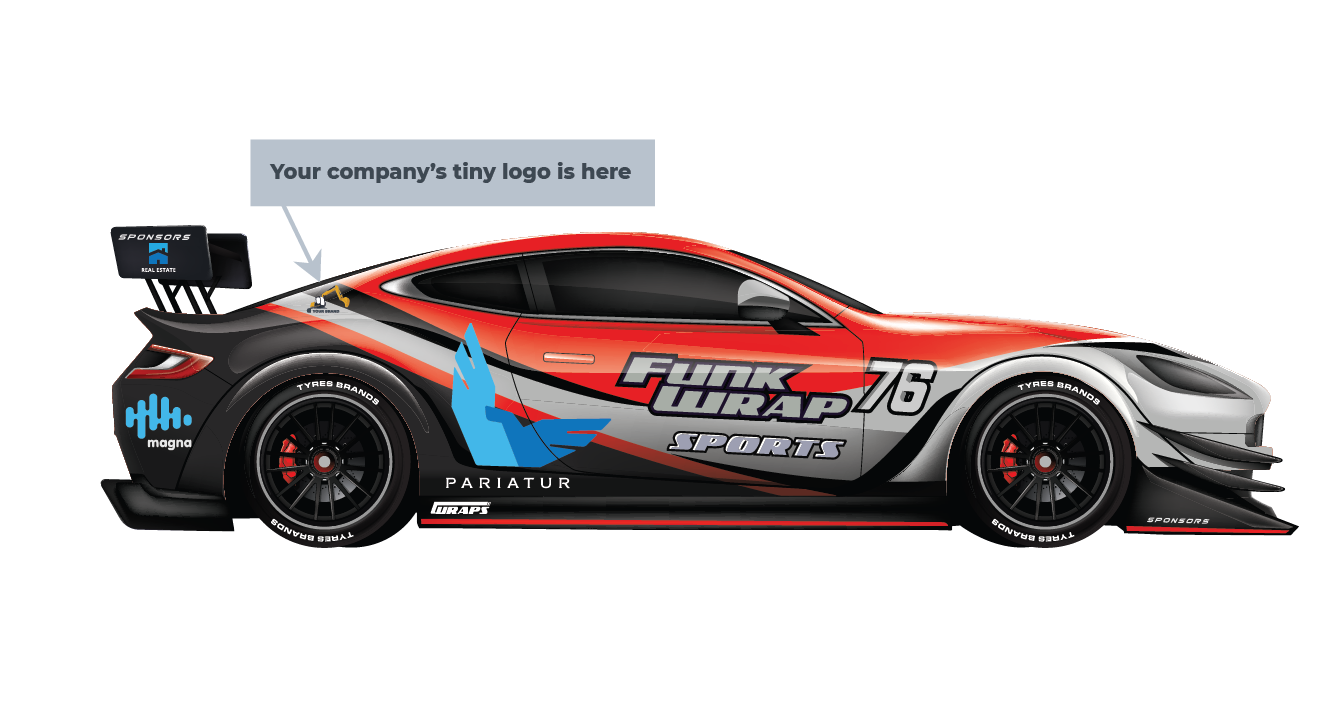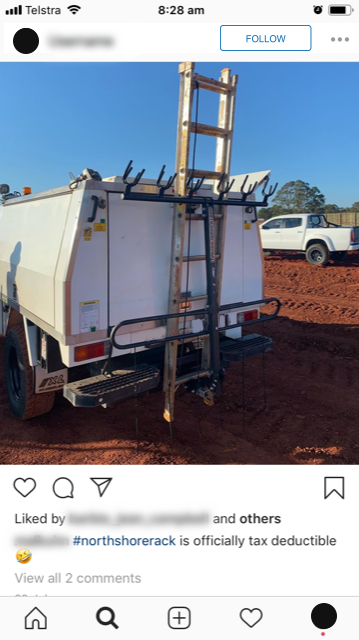Here are some of the most relevant, funniest and otherwise worrisome issues our customers have told us plague the early years of building their plant hire business - the hard lessons learnt from life’s school of hard knocks.
1. Plant Hire Cashflow Problems - You’re either a hero, or at zero.
The lumpiness of cash flow in construction subcontracting, at every level of the industry, has taken down literally thousands of companies in what seems like a blink of an eye - from some of the biggest and best contractors and plant hire companies, to the smallest of owner-operators. Over the last six years, we’ve watched hundreds of companies go down in smoke over non-payment of contracts, or delayed payments.
This is one aspect of the industry that is spectacularly unfair and not correctly regulated - which is made even more ridiculous when you consider that a big pile of the ‘liquidity’ in the contracting industries is paid by the government, and is done so purely for the purpose of redistribution through the community and economic growth.
But my opinion on the macro-economic flaws of construction aside is you have to play the game, the way its played. If you work in construction, you need to manage your cash-flow to prepare for the worst eventuations and possibly act way more prudently than if you work in any other industry, because these problems are rife. There is no need for you to become a statistic. You need to expect that you won’t get paid, or payment will be delayed, and keep more cash in your business than you otherwise would if you are working in any other industry.
So many of our customers have told us (slightly amusing) tales of mistakenly believing their a ‘big dog’ when they take a lumpy invoice payment, then they start splashing it around on things like helicopter pilot lessons, dirt bikes, tricked out beamers and boats (real-world examples). Indeed, when you start doing things like this, you are on borrowed time and borrowed money. Most of that money will go out the door, with little more than 17% - 20% will stay in the business (based on the average gross margin of plant hire companies across the board). But as per my previous advice, you should keep all the business for a rainy day, and permanently delay your helicopter pilot aspirations until you actually own a helicopter, which for most plant hire companies - is a LONG time from now.
HOT TIP: If you are in a cash-flow bind and you need payment of one of your invoices early to keep the wheels of your business greased, you can use ‘factoring’ or debtors solutions to bring the payment of those invoices forward by outsourcing them to someone else. We have a great partner in this space, called Premium Funding - click here to learn about how debtors solutions can work.
2. BAS payments for plant hire companies - the sneaky buggers really creep up on you

BAS payments in a plant hire company are like the grim reaper lurking in the distance - they seem to descend on you when you least expect it (even though they are due at the same time every quarter - wink, wink). Given the payment delays of many contractors to payment terms exceeding 90-120 days, your BAS can be due on revenue you’ve not received any cash for. In some cases, you might not receive for another 30-60 days beyond needing to account for it as revenue, and then needing pay your GST. This can sometimes be the thing that quickly sinks a small business if it's not managed the right way.
HOT TIP: ATO Payment Plans for plant hire companies - the ATO does offer payment plans to going concerns that are in reasonable financial shape and interestingly, let you pay your tax obligations down at an agreed rate, plus about 8% interest (this might be subject to change). Those of us who run small businesses will know that it's really hard (after the banking royal commission) to obtain low cost debt and cash-flow solutions. So the ATO payment plans can actually be, in some cases, the lowest cost debt available to your business. It can just be a good way of smoothing out your statutory payments over a short-term cash-flow issue. Click here to use their calculator.
3. Sponsoring race cars

Sponsoring race cars, in the opinion of a very experienced construction marketer - is straight up the dumbest thing you can do with your money, if you are seeking to invest your hard earned dollary-dos in growing your business. If it's a hobby, fine - go ahead - but don’t do it under the delusional assumption that it will actually provide your business with any meaningful advertising, lead generation or brand awareness for the money you will spend. Having your brand wedged on a speeding car, next to a million other brands, as it wurrs in circles in front of a crowd of drunken monkeys sitting in stadium seating at a distance that makes your tiny brand illegible, provides no meaningful benefit to your business and will not, in anyway, convert a lamen in the stands to a customer. Unless you're Coates Hire and sponsoring the whole event (and even then there are literally A MILLION other things I would do to generate online leads before I did this).
HOT TIP: Don’t sponsor race cars.
Compare plant hire rates near you
4. Dodgy Tax deductions

“No, your mountain bike rack ISN’T a tax deduction’ The above example (of a mountain bike rack being used to store a ladder) is not a tax deduction, it's funny, but it's not a tax deduction. Buying a camping generator and saying it's for the business is not a tax deduction either. Naming your boat ‘Mini Excavator’ and getting the workshop to service it - is borderline, but not a tax deduction and not a normal expense (despite being incredibly creative - and indeed a real-world example).
The ATO is getting very good through the use of data analytics at flagging submissions that have higher-than-average amounts of deductions or claims (based on industry and occupation profile) and can arbitrarily go after you - which causes a costly, life-changing, impossible to actually pass audit and flags all of your future submissions. You cannot underestimate how bad this can be for your business, and generally your quality of life if this happens to you.
HOT TIP: Here is a link from the ATO around the total list of claimable expenses for small businesses. Don’t forget, keep receipts!
5. Bad (or no) Contracts (if your client won’t sign one, run….)
The majority of our smaller plant hire companies are bad at admin. I’m not trying to sledge 47% of my customer base - I’m just being honest about what see going on everyday at iSeekplant . Bad correspondence, non-legally binding agreements, no contracts, no actual paperwork, no PPSR and no correct documentation. It's at chronic levels in the industry - and it's pretty much the source of all other headaches in this article. If you have crap contracts with a customer - that are not complete, not legally binding and not signed, then you have nothing in the case of a dispute over payment or hours, and very limited risk protection if they go under.
If a client won’t sign a contract to hire your machine, don’t hire it to them. You can’t tell me that a civil engineer or project manager isn’t used to signing contracts to hire machines - they do it every day with the big guys when they hire from (Tutt Bryant, Kennards, Brooks, Delta Rent, you name it). They sign contracts to hire god-damn gensets, they can sign a contract to hire your 20 tonne excavator.
If a client is trying to do handshake deal with you because your a small operator, all the while signing the contracts of other big plant hire companies for smaller machines and companies that have WAY less to lose than you, then they are trying to screw you whether they ever admit it or not, or you can admit it to yourself (even if you are excited to have the work). They want the flexibility, they don’t want liability and they don’t want recourse - which means they are the most likely to off-hire you in a heartbeat, not pay you or screw you down to no margin when you’re onsite.
These guys are used to signing contracts - so get them to sign yours. You have a right to protection.
6. Hitching your wagon (literally and figuratively) to a bad finance company
Most first-time machine purchasers for their business get screwed when financing a machine. This is because they have very little credit leverage to use in a finance conversation, and often-times because they access the wrong types of credit to fund them into a machine. This can have ongoing consequences for burgeoning plant hire companies for years (because you’re paying your machine off for years).
In the early years, as you are building your business - you often have to do a bunch of jobs at lower-than-market rates, so you can prove yourself and develop a reputation and quoting practise that you will evolve and take with you from job-to-job. So, your margin is already low, and your making massive machine repayments. It will put financial pressure on your business, sometimes to the point that you’re in a hole (pardon the pun) that you can’t get out of. HOT TIP: Our partners at Finlease are the experts in finding the right finance product for the stage your business is it, and ensure that you get the best deal available to you. They are also great blokes. Click here, you can tinker with their finance calculator or email them your details.
7. PPSR for plant hire and rental companies - It's so boring and hard, but so worth it.
If you don’t register your machines on the PPSR, and update every time you shift a machine onto a site, then if a contractor becomes insolvent and is forced into liquidation, your machine can be considered their property and retained by the liquidators until you can prove ownership - usually with your PPSR registration. We’ve heard some CRAZY situations where someone’s entire fleet has been locked behind a fence in a contractors yard waiting for the liquidators to pull their finger out and do a stocktake, and determine machine ownership. We’ve also heard other crazy stories where, in lieu of the correct ownership paperwork, the plant hire company has not been able to prove ownership and they’ve lost the machine to the liquidators.
It's boring, it's paperwork, it's hard to get right, but it's critical. Click here for the full work up.


